Investigaciones bajo la FCRA y el Cuarto Circuito: El verdadero alcance del caso Roberts v. Carter-Young
Investigaciones bajo la FCRA y el Cuarto Circuito: El verdadero alcance del caso Roberts v. Carter-Young
- Blog
- Todo sobre la FCRA
Investigaciones bajo la FCRA y el Cuarto Circuito: El verdadero alcance del caso Roberts v. Carter-Young
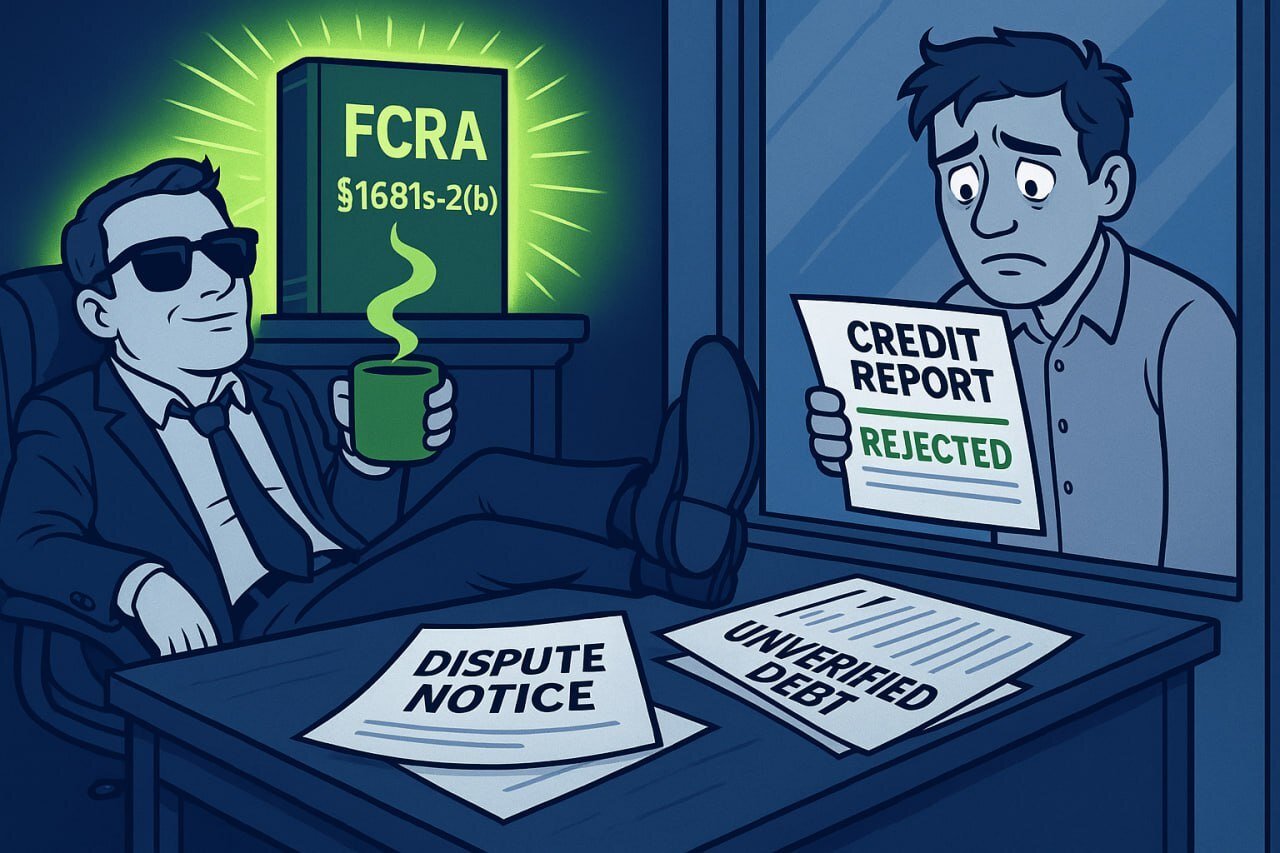
Interpretación del Cuarto Circuito sobre las investigaciones según la FCRA: Por qué el criterio de “objetivamente y fácilmente verificable” no debe debilitar el § 1681s-2(b)
En su reciente decisión en Roberts v. Carter-Young, Inc., el Cuarto Circuito abordó una cuestión que ha generado división entre los tribunales y confusión entre proveedores, consumidores y profesionales: ¿qué tipo de disputas sobre información crediticia activan el deber del proveedor de investigar conforme a la Ley de Informes de Crédito Justos?
El tribunal analizó específicamente si un proveedor está obligado a investigar disputas que, según se alega, giran en torno a desacuerdos legales en lugar de hechos objetivos. La decisión representa un avance significativo al cuestionar la dicotomía artificial entre lo "legal" y lo "fáctico" adoptada por algunos tribunales. No obstante, también plantea interrogantes interpretativos importantes, especialmente en cuanto a cómo el lenguaje de la sentencia sobre inexactitudes “objetivas y fácilmente verificables” podría ser malinterpretado y utilizado para restringir el mandato claro establecido por el texto legal.
Los hechos de fondo resultan familiares para cualquiera que practique en el campo del derecho del consumidor.
Shelby Roberts cuestionó una deuda de $791.14 que una agencia de cobro, Carter-Young, había reportado en su historial crediticio, derivada de cargos que su arrendador afirmó que ella debía tras cancelar su contrato de arrendamiento. Convencida de que dichos cargos eran infundados y motivados por represalias, Roberts presentó disputas ante las agencias de informes crediticios. Estas agencias, a su vez, notificaron a Carter-Young, lo que activó la obligación del proveedor, bajo el artículo 1681s-2(b) de la FCRA, de realizar una investigación razonable. Sin embargo, la única acción tomada por Carter-Young fue solicitar al arrendador que confirmara nuevamente la deuda. Luego de recibir dicha confirmación, Carter-Young simplemente volvió a reportar la deuda como válida. Roberts terminó presentando una demanda bajo la FCRA, alegando que Carter-Young incumplió su deber de investigar de manera razonable. El tribunal de distrito desestimó su demanda, concluyendo que la disputa de Roberts era de carácter legal y, por tanto, no estaba sujeta a los requisitos de investigación establecidos por la FCRA.
El Cuarto Circuito revocó la decisión del tribunal inferior. Al rechazar la noción de que los proveedores están exentos de investigar disputas que involucran cuestiones legales, el tribunal concluyó que un consumidor puede presentar una reclamación bajo el artículo 1681s-2(b) si alega que la información impugnada es inexacta o incompleta de forma “objetiva y fácilmente verificable”. Con esta postura, el tribunal se unió a una creciente cantidad de jurisdicciones que consideran insostenible la distinción entre disputas legales y fácticas, y contraria al espíritu reparador de la FCRA.
En efecto, muchas disputas —como si se incurrió en una deuda, si se efectuó un pago, o si un cargo fue producto de represalia o fabricado— contienen tanto componentes fácticos como legales, y por lo tanto, pueden reformularse fácilmente como una disputa de tipo legal. El tribunal reconoció que los proveedores de información no son tribunales y no se les puede exigir que resuelvan cuestiones jurídicas complejas, pero remarcó que sí están en posición de verificar hechos básicos o revisar registros suficientes para determinar si la información reportada es sustentable.
Este alejamiento de la artificial distinción entre hechos y cuestiones legales es digno de reconocimiento.
No obstante, la opinión del tribunal introduce un nuevo estándar que podría prestarse a interpretaciones erróneas. Al establecer que la supuesta inexactitud debe ser “objetiva y fácilmente verificable”, existe el riesgo de que se entienda que, si una reclamación no cumple con ese criterio de verificabilidad, el proveedor queda eximido de toda obligación. Tal lectura iría en contra del lenguaje claro del artículo 1681s-2(b)(1)(E), el cual obliga al proveedor a modificar, eliminar o bloquear cualquier información disputada que “no pueda ser verificada”.
En otras palabras, si tras realizar una investigación razonable no se puede confirmar que la información sea precisa, el proveedor no está autorizado a seguir reportándola. La obligación de investigar establecida en el apartado (b)(1)(A) conduce directamente a la obligación de cesar la comunicación de la información bajo el apartado (b)(1)(E) cuando la investigación no arroja un resultado concluyente. Interpretar el término “fácilmente verificable” como una excusa para no actuar, en lugar de como una razón para eliminar la información, alteraría la lógica de la ley y anularía una de sus garantías más importantes.
Además, el concepto de verificabilidad en virtud de la FCRA debe entenderse como una protección para el consumidor, no para el proveedor. Un proveedor que decide mantener un dato controvertido en el informe crediticio de un consumidor tiene la responsabilidad de haber verificado esa información y, al hacerlo, debe refutar las alegaciones del consumidor. Eso es lo que significa verificar según el artículo 1681s-2(b): confirmar de manera afirmativa la exactitud y la integridad de la información comunicada ante la impugnación documentada del consumidor. Si el proveedor no puede hacerlo, es decir, si no puede verificar el dato con suficiente fiabilidad basándose en datos objetivos, no se le permite incluirlo en el informe. La ley da el beneficio de la duda al consumidor en estas circunstancias, y con razón, dadas las importantes consecuencias que tiene un informe crediticio erróneo. Cualquier interpretación que invierta esta carga, permitiendo al proveedor incluir el dato a menos que el consumidor refute de manera concluyente la reclamación, invertiría el diseño claro de la ley.
La interpretación correcta es más moderada y coherente con el texto legal.
El estándar de “objetivamente y fácilmente verificable” establecido por el tribunal debe entenderse como un requisito inicial para la etapa de alegaciones: el demandante debe afirmar que la información en disputa es del tipo que, en principio, puede ser razonablemente verificada por el proveedor mediante medios ordinarios, tales como la revisión de registros, la comparación entre bases de datos o la confirmación con otras fuentes objetivas. Sin embargo, si tras la investigación el proveedor determina que la información no puede ser verificada, está obligado por la ley a dejar de reportarla. Esto no es una interpretación judicial añadida, sino un mandato estatutario. La decisión del Cuarto Circuito, correctamente interpretada, no elimina ni puede eliminar esa obligación.
Los profesionales y proveedores deben evitar interpretar esta decisión como una autorización para adoptar una postura pasiva cuando una disputa no pueda resolverse de forma concluyente. Al contrario, la imposibilidad de verificar una reclamación, luego de un esfuerzo razonable, debe considerarse una señal de alerta, no un refugio seguro. Si una deuda es impugnada y el proveedor no puede confirmar su legitimidad mediante los registros o información disponibles, la FCRA exige que la deuda sea eliminada. Continuar reportándola en tales circunstancias no es solo una mala práctica, sino una acción ilegal.
La decisión Roberts representa un avance positivo en la medida en que reconoce que los consumidores no quedan excluidos de la protección legal simplemente porque sus disputas involucren cuestiones legales. No obstante, esta decisión debe aplicarse en el contexto de la estructura y el texto más amplios de la FCRA. La ley fue concebida para asegurar que únicamente la información precisa, completa y verificable permanezca en el informe crediticio del consumidor. Cualquier dato que no cumpla con estos estándares, especialmente aquella información que no pueda ser verificada, no debería tener lugar en un sistema que la ley busca mantener justo.


Al crecer en un rancho, Meir cultivó una fuerte ética de trabajo y compasión mientras cuidaba gallinas, ovejas, cabras, ganado e incluso burros. La educación de Meir le inspiró valores de integridad y protección de las personas vulnerables, determinaron su enfoque del derecho. Leer más





Artículos relacionados
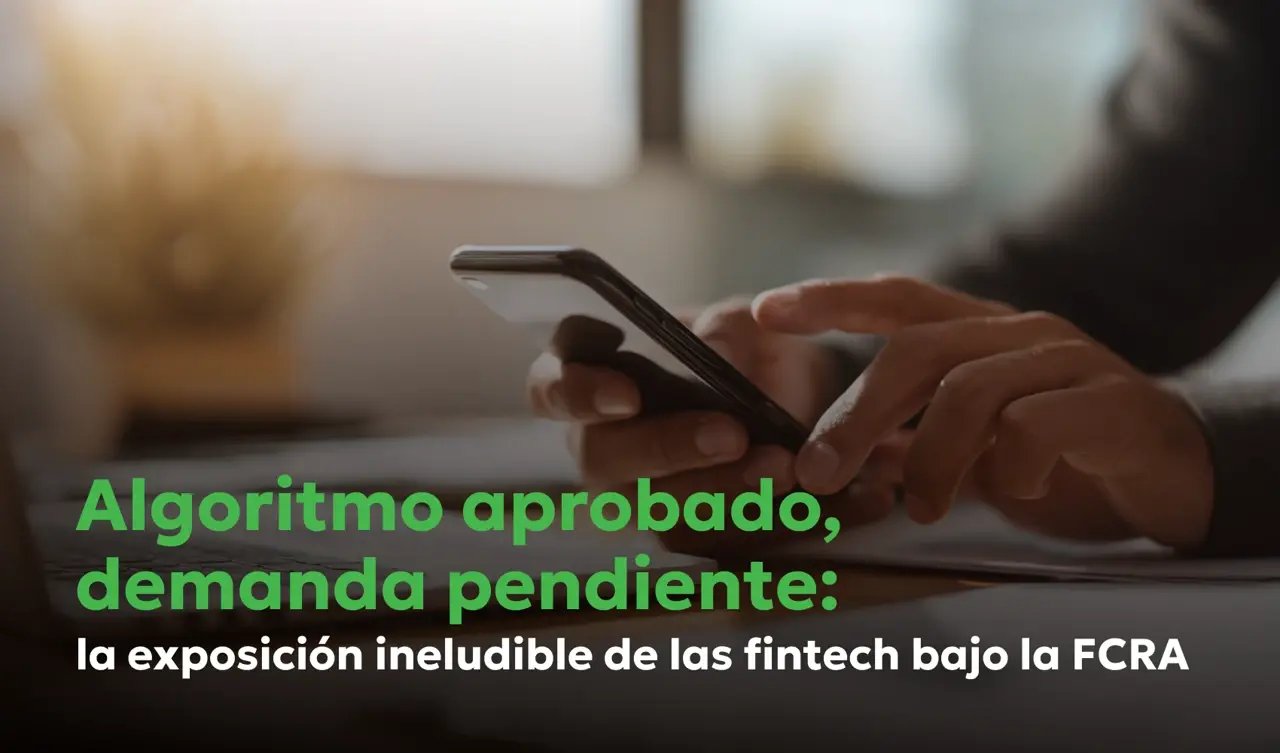
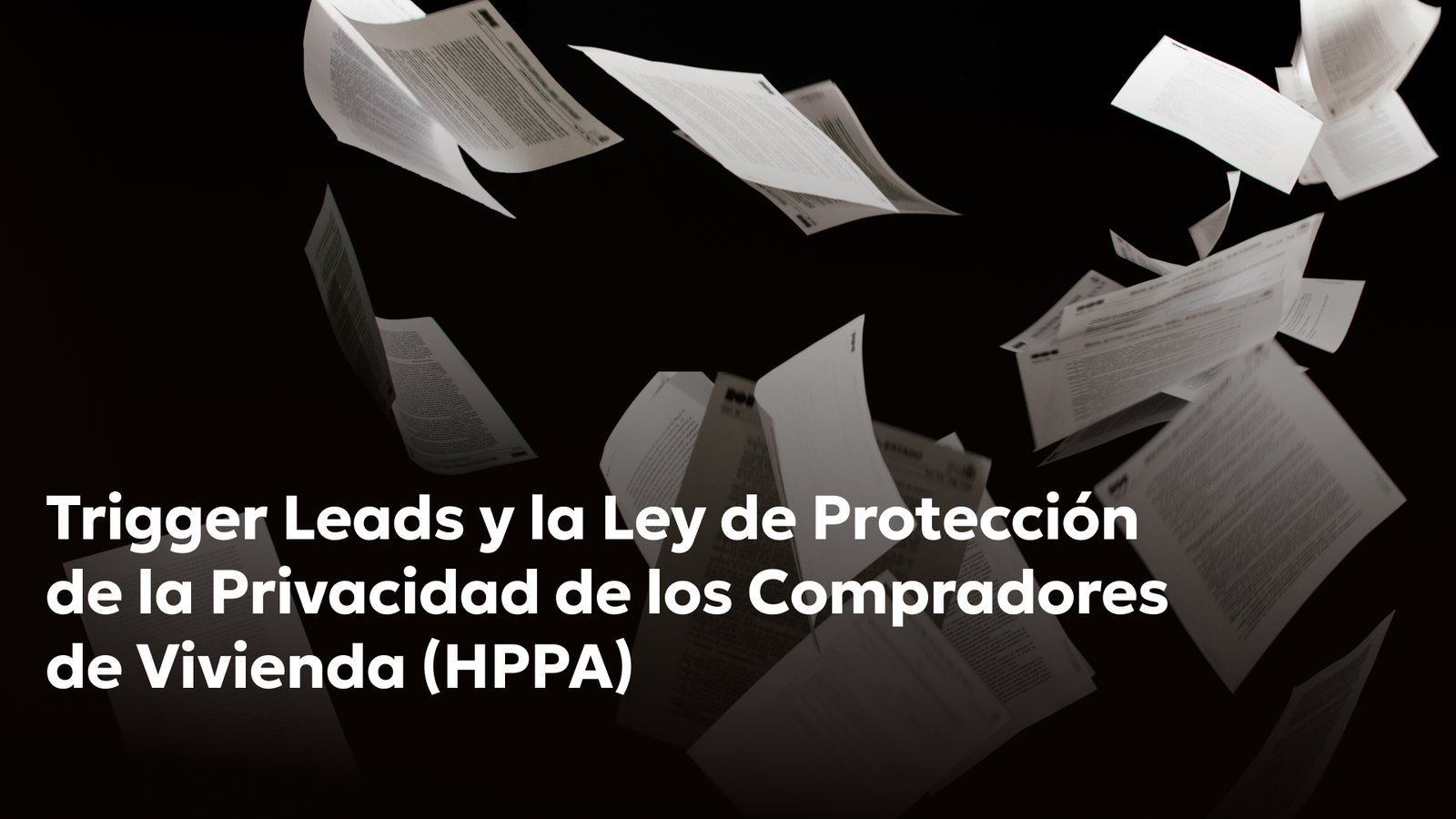
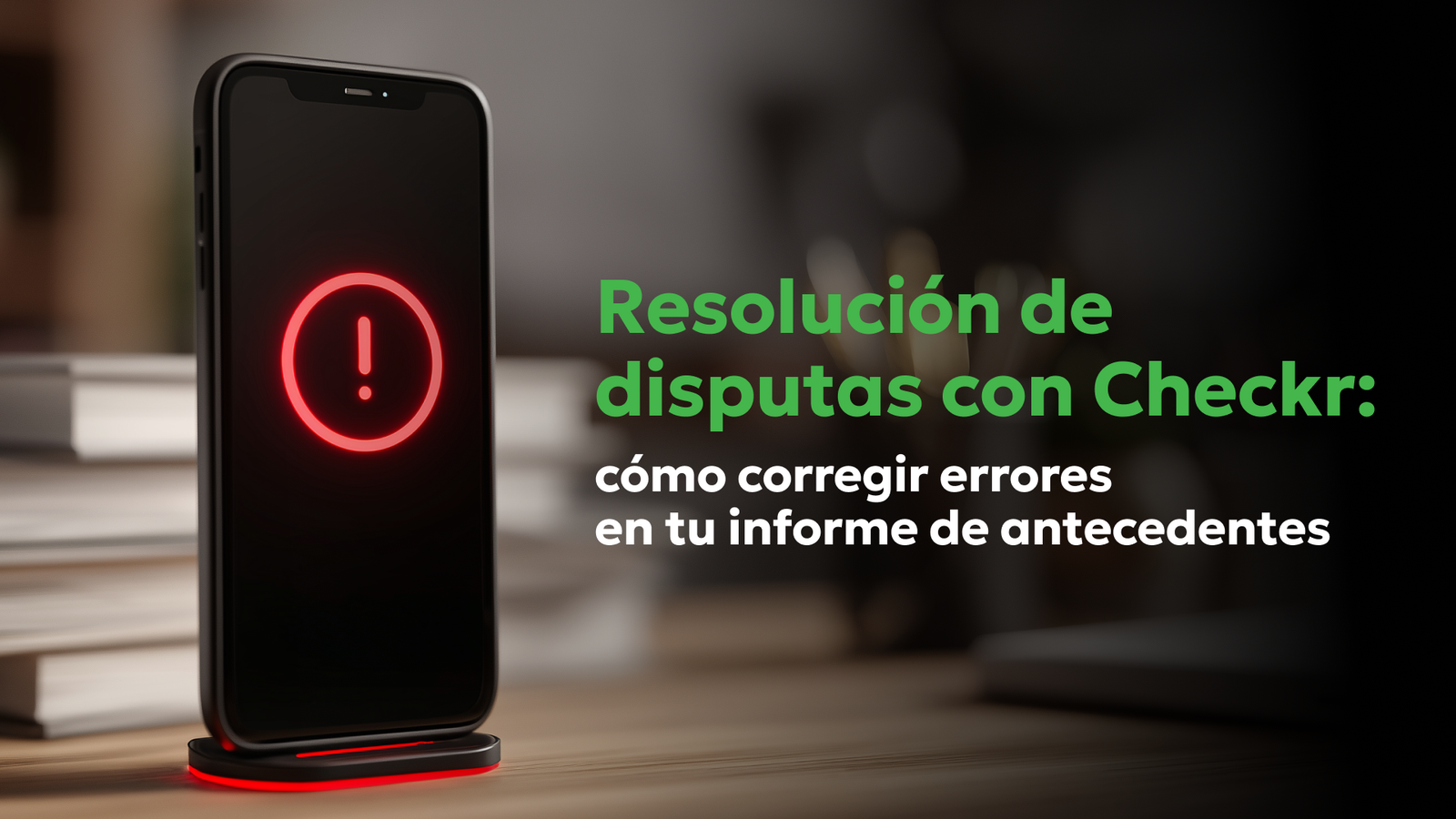
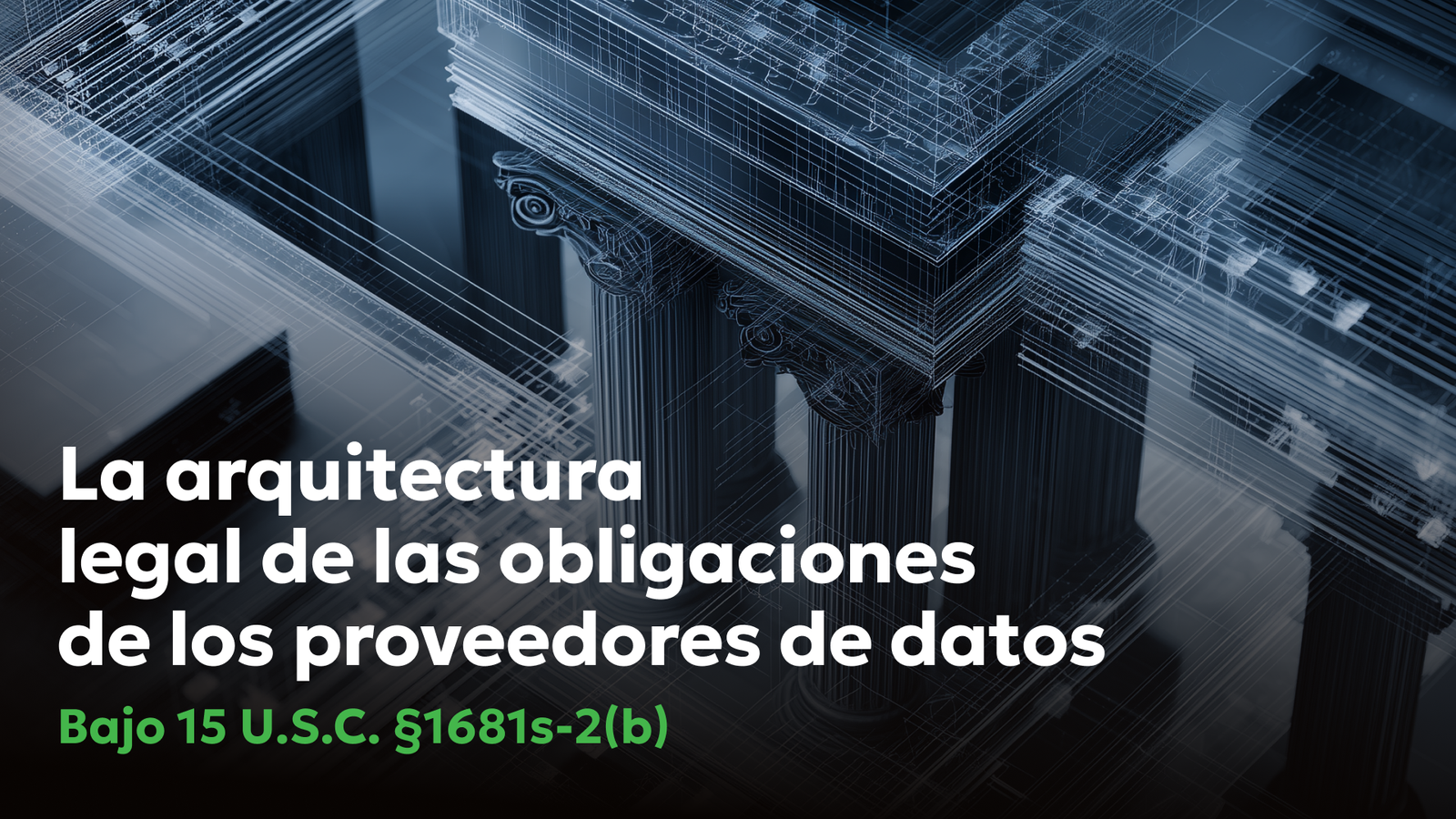
R
ES™Usted no asume ningún gasto. La ley exige que ellos paguen.


